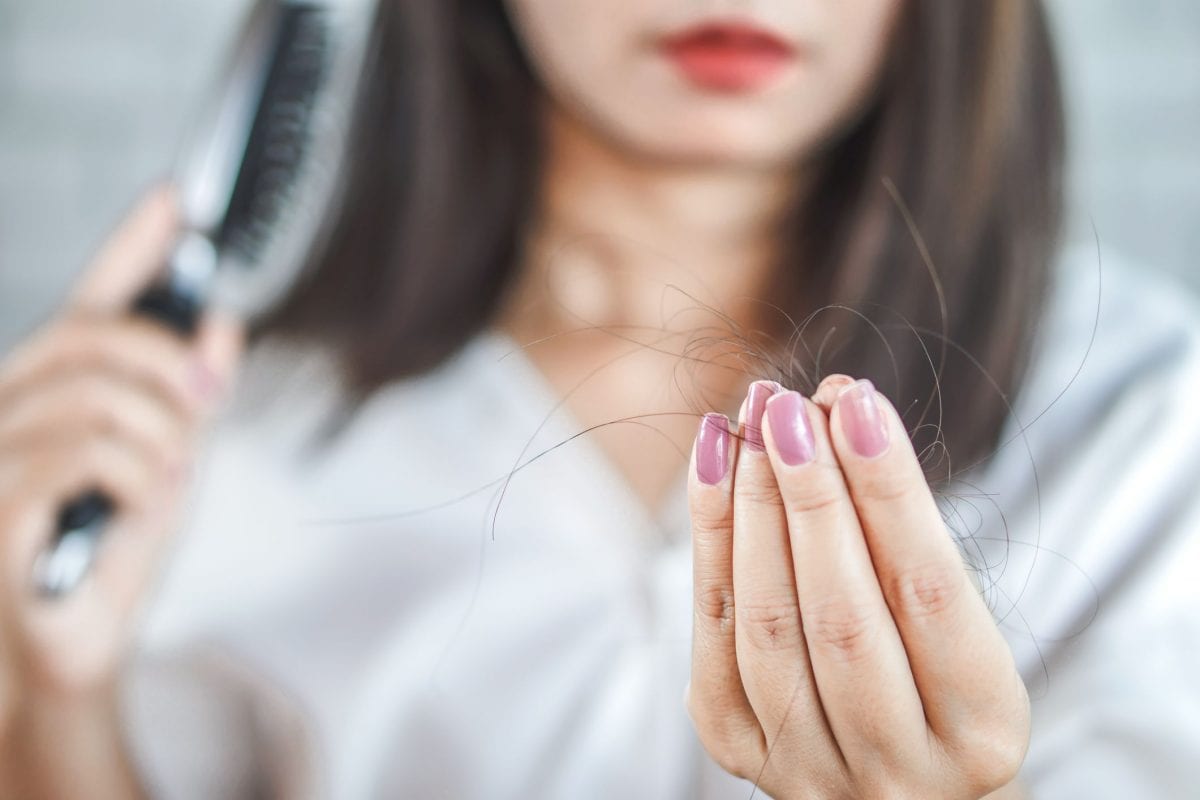It wouldn’t be a stretch to assume you’re familiar with the link between nutrient deficiencies and hair loss. If you’ve had significant hair loss, you can probably give me a full lecture on how hair loss and nutrient deficiency are related, and how this hair loss can be referred with nutrient supplementation.
But that isn’t our focus today. Instead, we want to show what the true relationship between hair loss and nutrient deficiency is, and debunk associated myths. The nutrient supplement industry often taps into our ignorance to feed us with unnecessary supplements, so we might as well know our onions!
Although our hair follicles are some of the most metabolically active body structures, and hair growth can indeed, be affected by macronutrient and micronutrient intake, the cause-and-effect ratio isn’t very direct.
Nonetheless, there are studies which depict associations between nutrient deficiencies and hair loss patterns such as androgenic alopecia (AGA), female pattern hair loss (FPHL) and other forms of hair loss.
Haven stumbled upon these associations, hair loss sufferers continue to see treatment modulations for hair loss and regrowth through dietary supplements.
How correct is this line of thinking?
Questions such as how accurate it is to test for nutrient deficiency in someone who has hair loss have to be asked, and concerns such as the risk factors that might require testing for these nutrient deficiencies, and evidence to support micronutrient supplementation, have to be tabled.
Yet, even in the absence of answers to these questions, hair loss and regrowth products are being aggressively marketed. For products that do not come under the FDA’s jurisdiction of control, that’s super risky! This is why you need to know the pros and cons of using these health supplements because they might even worsen your hair loss pattern, you should instead, opt for evidence-based methods for regrowing hair on https://perfecthairhealth.com.
Facts You Should Know
Literature has shown that when there is an actual absence of a deficiency, over-supplementation of nutrients such as Vitamin A, Vitamin E, and Selenium; is actually harmful to the hair. Why then do supplements contain these nutrients in potent amounts, and are taken by several individuals, whether nutrient-deficient or not?
This is what is known about nutrient deficiency and hair loss:
● A deficiency in Zinc causes diffuse or patchy hair loss
● Iron deficiency also leads to diffuse hair loss
● A deficiency in Selenium results in hair pigment and skin changes, alongside scalp hair loss.
● Vitamin A deficiency causes hair follicles to produce too much of the protein, keratin (phrynoderma)
● Vitamin B complex deficiency causes hair issues mostly in women
● Deficiency of the essential fatty acids can lead to diffuse scalp hair loss or loss of eyebrow hair.
A review of this, without putting the findings into context would suggest that nutrient deficiency is closely linked to hair loss. However, the entire truth is that these findings were only obtained from data in malnourished, poor children.
Why is this important? Because most of the people extrapolating these results and consequently loading their bodies on supplements are well-fed aging adults.
Hair loss because of nutrient deficiency is a rare occurrence in the first world. This form of hair loss doesn’t have a hormonal influence as its major driver and does not lead to scarring (which is often seen in adult hair loss). This is why as soon as nutrient supplements are given, there is hair growth, and also why ultimately, you might not be needing those supplements.








